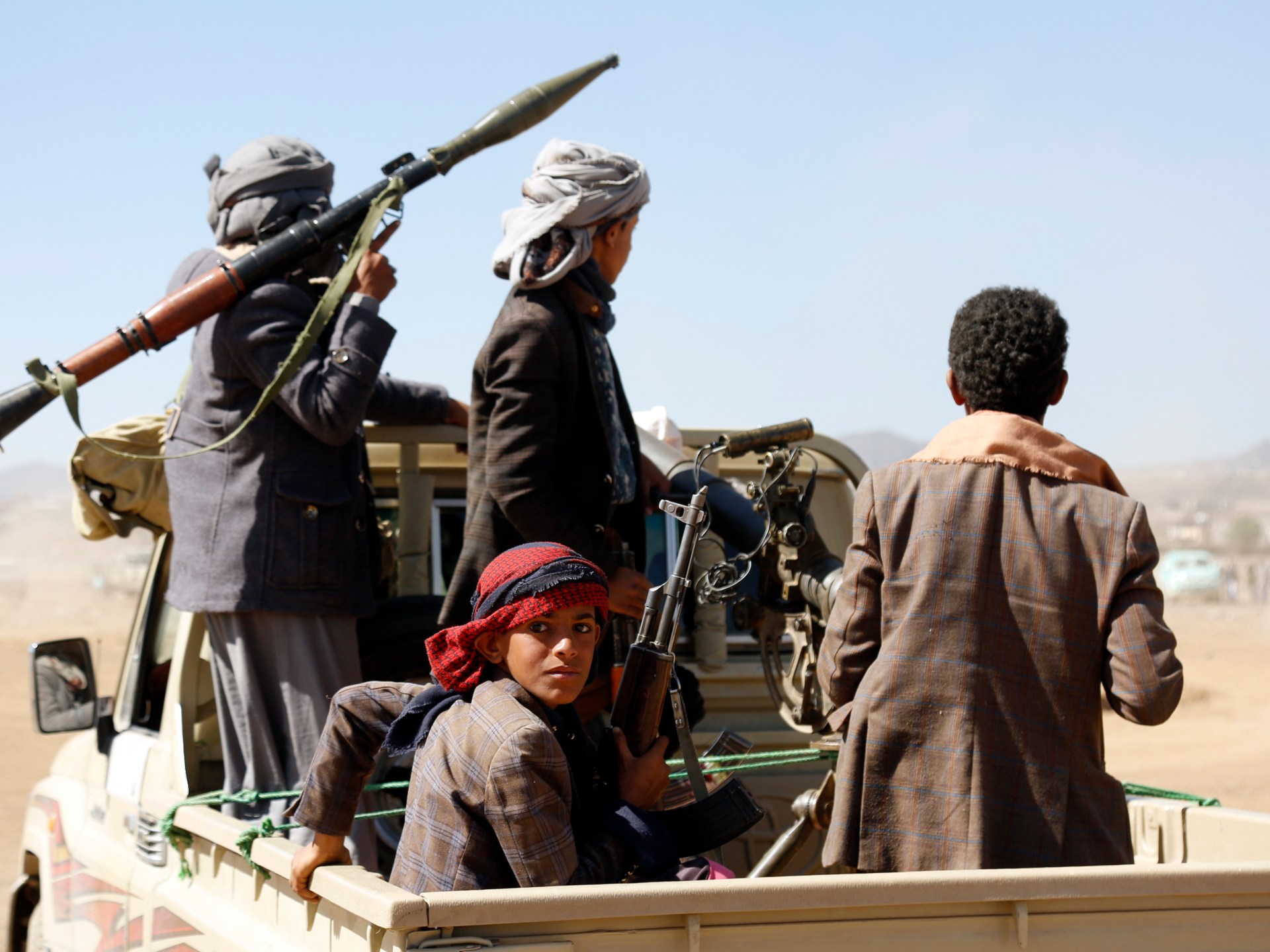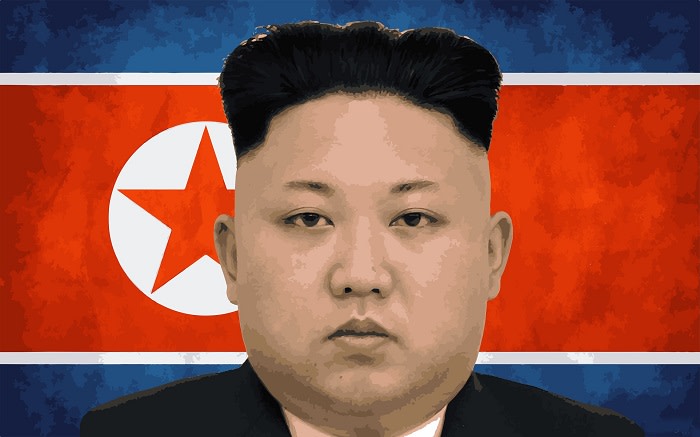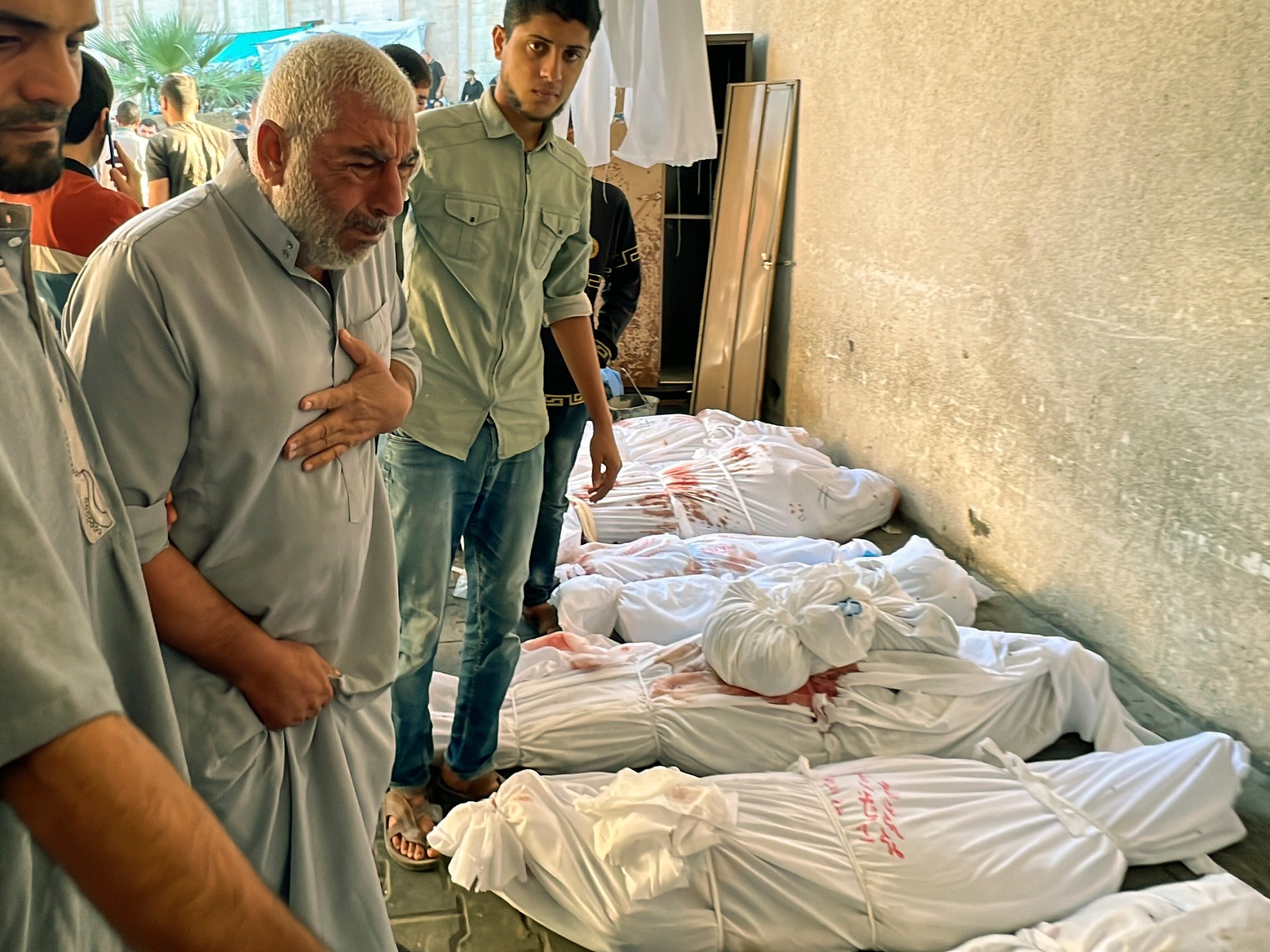
Another UN official raises concerns about the impact the US designation of the Houthis as a “terrorist” group could have on Yemen’s economy.
The United Nations special envoy for Yemen has called for immediate action to end the “dangerous cycle of escalation” in the war-torn country as Houthi rebels continue their attacks in the Red Sea and Western powers hit back with attacks on Yemen.
“I invite the Yemeni parties and relevant regional actors to support de-escalation in the Red Sea in order to protect the mediation space in Yemen,” Hans Grundberg told the UN Security Council on Wednesday.
“Three things must happen in the short term to create a way out of this dangerous cycle of escalation,” said Grundberg, calling for regional de-escalation; that all parties refrain from “military opportunism”; and that progress towards a brokered agreement is protected.
Yemen’s Houthis have carried out attacks in the Red Sea and the Gulf of Aden on ships they said were linked to Israel. The attacks came in solidarity with the Palestinians and would not stop until Israel ends its war on Gaza, the rebels said.
But the provocations have prompted the United States and the United Kingdom to intervene and launch a series of airstrikes on targets in Yemen, hoping to deter the Houthis.
“Path to Peace”
The Iran-backed rebels have been fighting a Saudi-led coalition since 2015, months after they captured the capital Sanaa and most of Yemen’s population centers and forced the internationally recognized government south to Aden.
It wasn’t until December that the arduous negotiations gained momentum and the United Nations said the warring parties had agreed to work toward “the resumption of an inclusive political process.”
Recent Houthi attacks and Western retaliation have thrown the peace process into disarray.
However, “in my recent discussions, I received assurances that all parties favor the path to peace,” Grundberg said.
Hundreds of thousands of people in Yemen have died in the fighting and from indirect causes such as disease and malnutrition.
More than 18 million Yemenis are in “urgent need” of support, according to the United Nations humanitarian agency OCHA.
“Yemen is not a footnote to a larger regional story,” Grundberg warned. “The regional escalation does not negate the urgent need for a nationwide ceasefire in Yemen.”
Labeled as a “terrorist”.
Meanwhile, the United Nations also fears that a U.S. decision to put the Houthis back on the list of “terrorist” groups could harm Yemen’s economy, particularly commercial imports of essential goods, according to U.N. relief operations director Edem Wosornu .
The US move announced last monthcomes into force on Friday and hits the Houthis with tough sanctions in response to attacks on cargo ships.
The Houthi attacks have prompted some major shipping companies to detour through southern Africa to avoid the Red Sea, a key route that normally carries about 12 percent of global maritime trade.
Wosornu said that while the humanitarian community was concerned about “potential negative impacts” of the U.S. designation, he noted that Washington had issued exceptions to reduce the impact on civilians in Yemen.
“Nevertheless, we fear that there could be impacts on the economy, including commercial imports of essential goods on which the people of Yemen depend more than ever,” Wosornu told the Security Council.
“Humanitarian aid cannot compensate for shortfalls in the supply of commercial goods. Such impacts can reverberate across the country. Yemen’s already fragile economy cannot absorb further major shocks,” she said.






Recent Comments